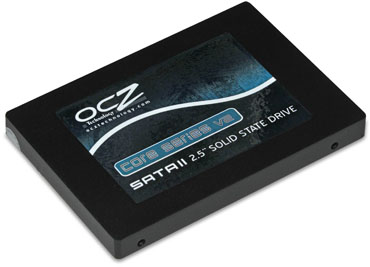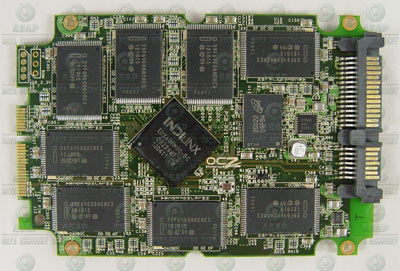
Solid-state drives combine the efficiency of USB flash drives/memory cards (which use “flash memory chips” to enhance read/write speeds) and the convenience of standard hard disk drives (which can store large amounts of data), but are 7 to 8 times more expensive per unit of storage space than traditional hard drives. Because of their reliance on “flash memory chips” rather than “platters” and their use as internal drives, solid-state drives have no moving parts and aren’t subjected to as much physical stress as their portable cousins (USB flash drives and memory cards), which makes it much less likely that they will fail. If they do fail, however, recovery can be time consuming and expensive. In fact, SSD data recovery services are the most expensive data recovery services the industry offers. ASAP Data Recovery has spent years streamlining techniques used in SSD data recovery services to reduce costs without cutting back on quality to make recovery more affordable for our customers. We pledge that if we can’t recover the data off of your damaged solid-state drive, nobody can!
The two most essential components of solid-state drives are “flash memory chips” and “mass storage controllers.” “Flash memory chips” are where your actual data is stored; they function by manipulating a series of transistors with electrical currents. Whereas USB flash drives and memory cards only use one or two “flash memory chips,” solid-state drives sometimes use as many as 16. “Mass storage controllers” are responsible for allowing a drive to communicate with computers. If the “mass storage controller” of a solid-state drive is damaged, the drive will no longer function and requires the attention of SSD data recovery experts.

When a solid-state drive has sustained irreparable physical damage, each “flash memory chip” it contains must be removed and worked with directly in order to salvage its data. Because of the large number of “flash memory chips” a solid-state drive typically contains, this process can take several weeks.
Our specialized SSD data recovery services in Los Angeles are tailored to handle various SSD data loss scenarios, including physical damage, logical errors, and corruption. With state-of-the-art technology and a skilled team of experts, we can efficiently and securely recover your valuable data from your SSD.
Engineers at ASAP Data Recovery Services have adapted their data recovery techniques to keep up with advancements in data storage technologies. We are the indisputable leaders in SSD data recovery services and will go to great lengths to ensure that your data is successfully recovered!
Here is a comprehensive list of the various situations in which you may require SSD data recovery services
- Accidental Deletions
- Virus Infection
- Corruption
- Damaged Master File Table (for NTFS-formatted SSDs)
- Lost Password
- Lost Partition Structure
- Controller Errors
- Bad Sectors
- Electrical Damage
- Heat-Related Failure
- Dropped/Cracked Casing
- Natural Disaster Damage
- Power Shortage or Spike
We provide SSD data recovery services for the following operating systems
- Mac OS
- Windows 8
- Windows 7
- Windows Vista
- Windows XP/2000
- Windows 95, 98, ME
- Windows NT
- Linux Distro
- OS/2
- Novell NetWare
- UNIX
- DOS
- Other
We provide SSD data recovery services for the following brands of USB flash drives
- Samsung
- SanDisk
- Crucial
- OCZ
- Intel
- Kingston
- Seagate (Hybrid Drives)
- Other
